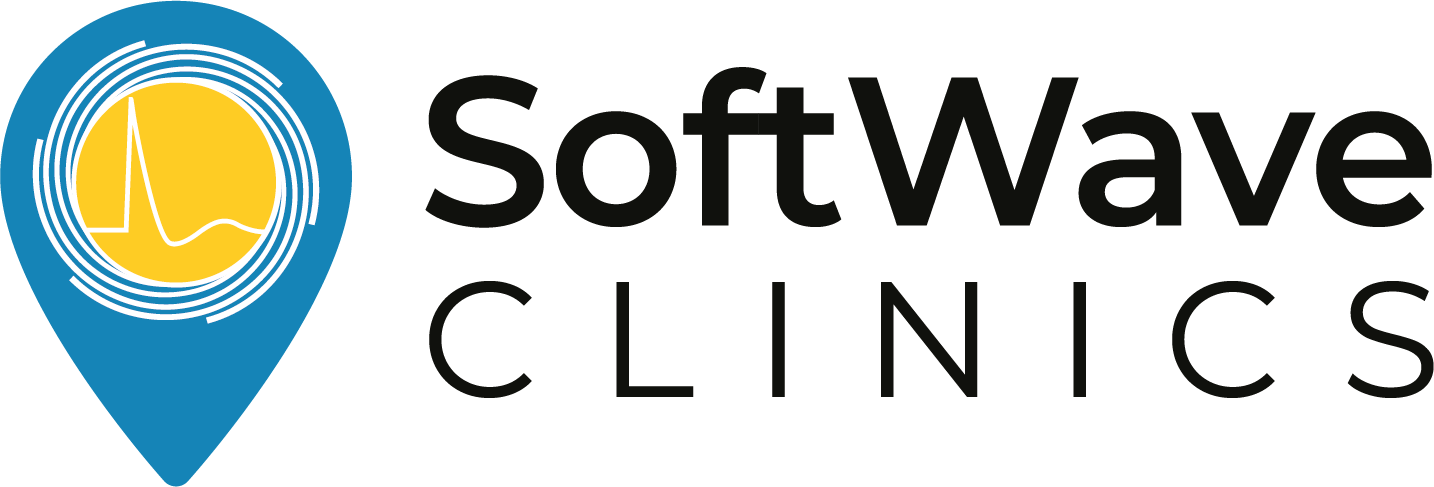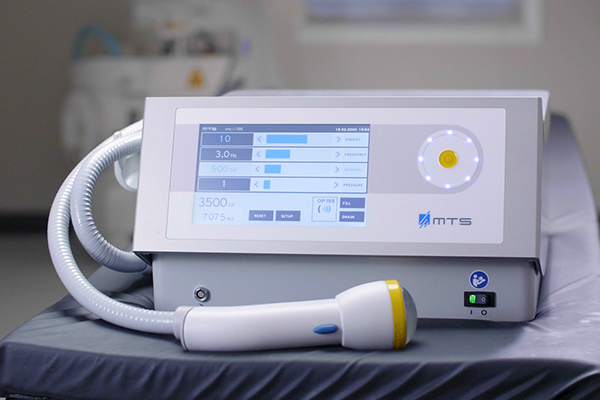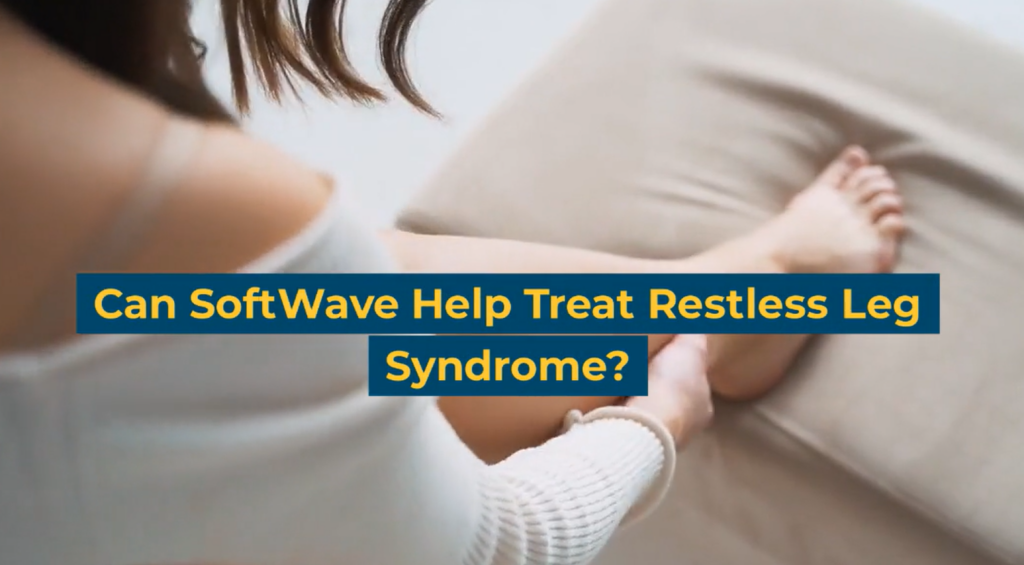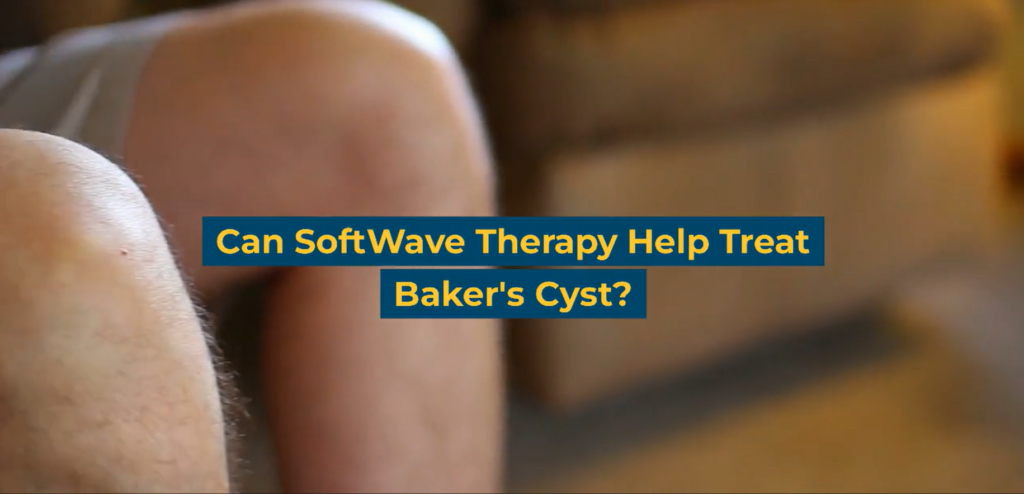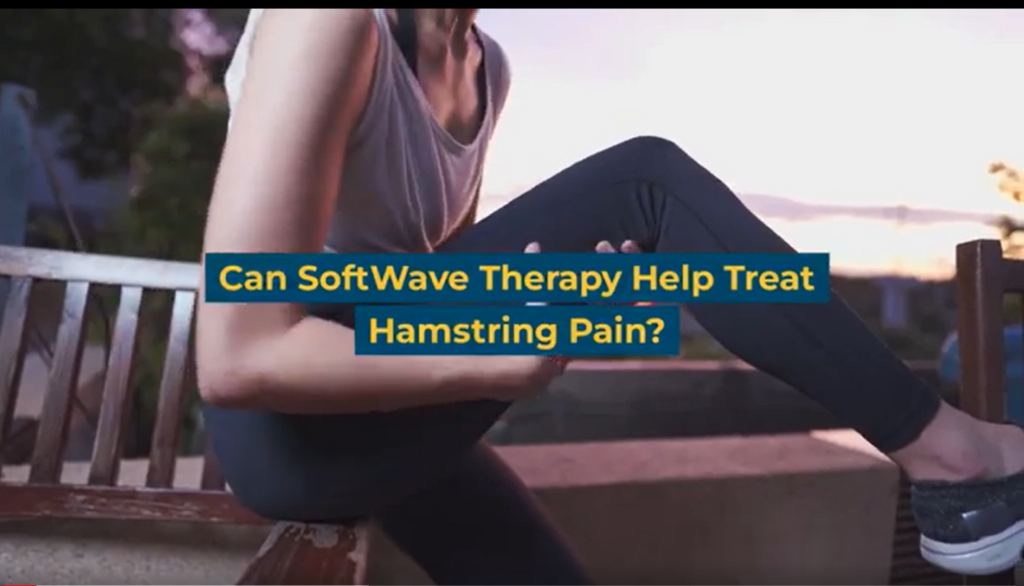Understanding TMJ Disorders: Symptoms & Causes
TMJ disorders refer to conditions that affect the temporomandibular joint, which connects the jawbone to the skull. These disorders can cause symptoms like jaw pain, difficulty in jaw movement, clicking or popping sounds, and headaches. The causes of TMJ disorders are diverse and can include factors such as jaw misalignment, teeth grinding, stress, and arthritis.
TMJ disorders can be temporary or chronic, and the severity of symptoms can vary widely among individuals. Traditional TMJ treatments often include symptom management like pain medications, muscle relaxants, and the use of oral appliances to support the jaw. In some cases, patients might need surgery. While these treatments can provide relief, traditional treatments may not be suitable for everyone, particularly those who prefer non-pharmaceutical or non-invasive options.
What is SoftWave Therapy and How Does It Work for TMJ Disorders?
SoftWave Therapy is a non-invasive treatment that employs acoustic sound waves to stimulate healing in damaged tissues. This treatment is used to treat conditions such as TMJ, muscle and joint pain, overuse injuries, orthopedic conditions, neuropathies, wound healing, and more.
SoftWave involves using low-energy shockwaves, produced by a dedicated device. As these waves interact with the tissues, they boost cellular activity, increase blood flow, and trigger tissue regeneration. They also help in reducing inflammation and easing muscle tension in the jaw region. Since the treatment is external and doesn’t require incisions or anesthesia, it is a safe, non-invasive option for patients.
The Benefits of SoftWave Therapy for TMJ Disorders
SoftWave therapy offers multiple benefits for TMJ patients, including:
- Non-invasive and Safe: Offering a non-invasive alternative to surgical interventions, SoftWave Therapy presents minimal risk and requires shorter recovery times. This treatment is particularly appealing to individuals who prefer conservative methods or those ineligible for surgery.
- Pain Alleviation: With pain management being a primary aim of TMJ treatments, SoftWave Therapy shows potential in this area. By promoting tissue regeneration and reducing inflammation, SoftWave Therapy could offer long-term relief to many TMJ sufferers.
- Enhanced Jaw Mobility: SoftWave Therapy can improve jaw mobility, a key challenge for TMJ patients. This improvement could result from the therapy’s promotion of tissue healing, reduced muscle tension, and increased blood flow to the affected tissues, which supports their repair and regeneration.
- Minimal Side Effects: SoftWave Therapy has fewer side effects compared to more invasive procedures. Mild discomfort experienced during treatment typically resolves quickly post-session. This method has a low risk of complications and doesn’t require medication use, minimizing the potential for adverse reactions or drug interactions.
- A Drug-Free Approach: SoftWave Therapy provides a non-pharmaceutical alternative, ideal for those averse to medication or with contraindications to certain drugs. By stimulating the body’s natural healing processes rather than managing symptoms with medication, SoftWave Therapy offers a holistic approach to TMJ disorder treatment.
Experience Enhanced Jaw Function with the Power of SoftWave Therapy
SoftWave Therapy holds great promise as a potential treatment option for individuals suffering from TMJ disorders. Its non-invasive nature, potential for pain relief, improvement in jaw mobility, minimal side effects, and drug-free approach make it an appealing choice for those seeking alternative therapies.
If you or a loved one is struggling with TMJ symptoms, SoftWave therapy might be your answer to finding relief. Contact us today to help schedule an appointment or to learn more about how SoftWave Therapy can benefit you. Our team of experienced healthcare professionals is ready to evaluate your condition, answer your questions, and provide personalized treatment recommendations tailored to your unique needs.
Don’t let TMJ hold you back from enjoying life to the fullest. Discover the potential of SoftWave Therapy and take control of your TMJ symptoms today.
Disclaimer: The information provided in this blog is for educational and informational purposes only and is not intended as a substitute for professional medical advice, diagnosis, or treatment. The content provided in this blog should not be used to diagnose or treat any health problems or illnesses. Always consult with a qualified healthcare professional before making any changes to your healthcare routine or treatment plan.
